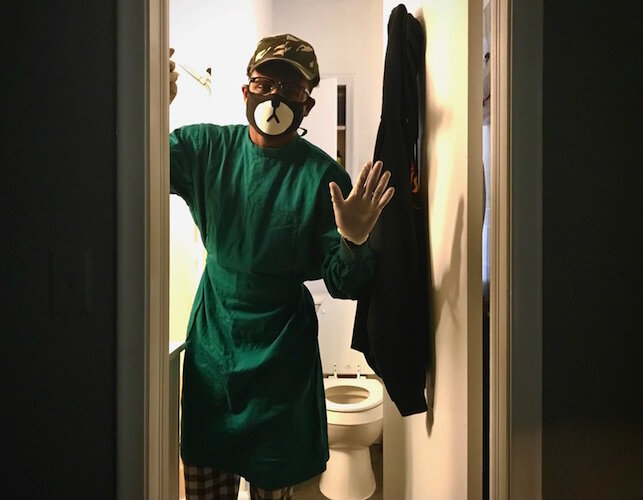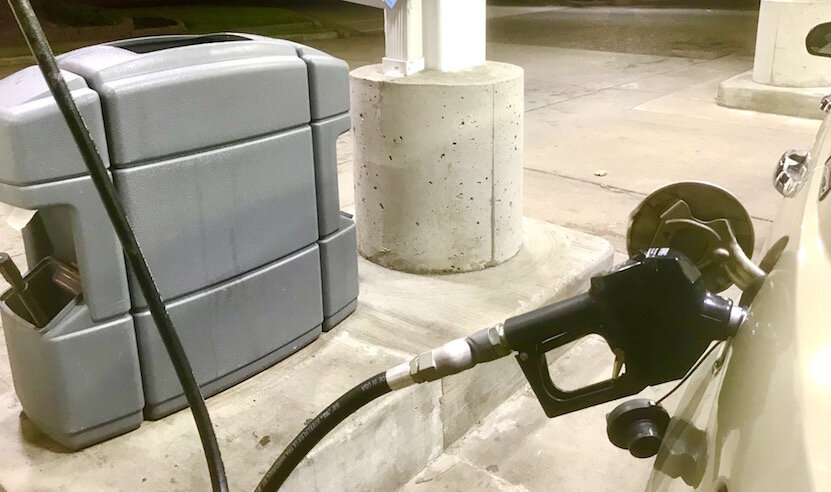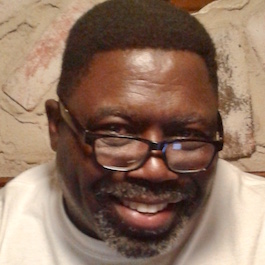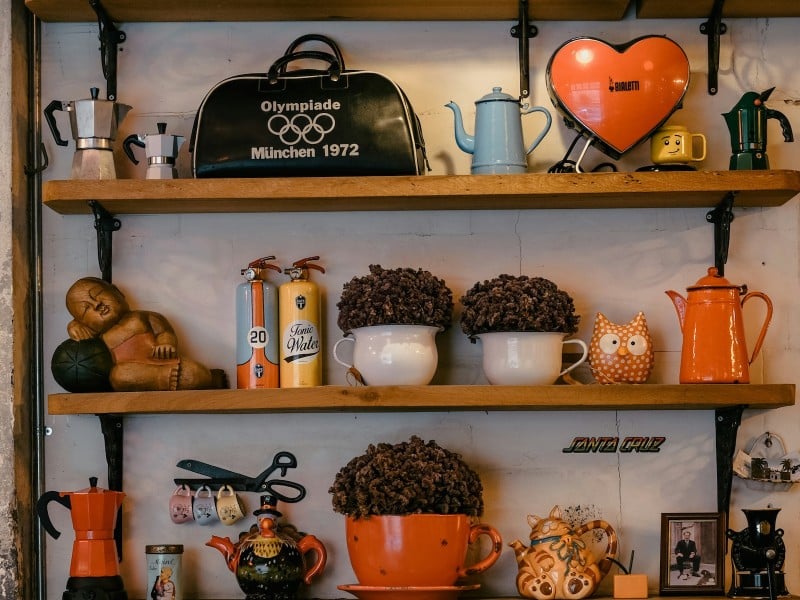A few things they don’t tell you about recovering from COVID-19
When Al Jones caught COVID-19 he wasn't ready to believe that's what it was. Till he could feel it in his lungs.
I’m blaming the gasoline pump.
I bare-handed the handle of one that 100 people probably used, a couple of days before it all started for me.
That was on a Friday, after weeks of using tissue paper, disposable gloves, and the plastic Harding’s bags I have in the trunk of the car to avoid germs on door handles and gas pumps.
The virus is supposed to be transmitted through droplets in the air, but what do I know?
I know that when I walked into our house the following Monday, the floor of our rec room felt like a good place to lie down and sleep. So I did.
“You OK?” my wife asked.
“Yeah,” I said. “Just tired.”
She worries. So I lied.
Three hours later, she asked, “You still OK?”
“Yeah,” I said, still lying on the floor.
I figured it was a 24-hour bug and I’d shake it off like most other things. No reason to complain.

But things were a bit different. I had suddenly lost about half the strength in my arms and upper body. It was like a bad dream where something terrible is happening and you can’t fend for yourself. When I stood up, I was aware of every step I was taking, as if I needed to concentrate to stay balanced.
By Tuesday, I had teeth-rattling chills and realized that if I strayed too far from a bathroom, I’d need to buy new underwear.
“You OK?” my wife asked.
“Yeah, I’m good to go,” I said. Shamelessly lying.
Over the next couple of days, my symptoms came and went, so I decided it must not be COVID-19. The chills were gone but I became aware of how much things weigh — like grocery bags and the A-frame ladder. Familiar places seemed farther — like the laundry room in the basement. And little things — like checking the air pressure in the tires — seemed like real chores. But I was still getting things done.
By Thursday, I realized I could really feel my lungs when I took a deep breath. That’s when I called my doctor and got tested for COVID. My lungs tingled the way they do when you’re outside in the snow and the air is cold and crisp. Coughing didn’t clear them.
I tested positive and was told to quarantine.
I never lost my sense of smell or sense of taste, which are common symptoms of COVID. I almost completely lost my appetite. I was borderline nauseous for a long time but never lost my lunch. I had fevers on two days. And I slept a lot, which is a good thing when you’re confined to a bedroom all day.
Of my adult sons, one quickly bought a surgical smock and something that looks like a hazmat mask (overnighted via Amazon) just so he could stick his head in the room and say hello. Another felt for the glands in my throat and decided, “You’re alright.” And a third treated me like a leper. When I tried to tip-toe out of the room to see what was going on, he would ask, “Who let you out of the bubble?”
My wife increased her inquiries about how I was doing. I continued to say, “Fine,” “Good” and “Doing better.” She is already in line for sainthood, just for being married to me. I don’t know what I can do now to make up for everything she’s done for me over the last few weeks.
Among the things she and my family did while I was laid up:
• Paint the garage (on those few days in late-November when it was warm).
• Have Thanksgiving.
• Put up our outdoor Christmas lights.
• Buy and erect our Christmas tree.
• Wait on me hand and foot.
Some things you don’t hear on the evening news when they report on people contracting coronavirus:
• Having a family is nearly essential — Unless you truly have no symptoms, fighting even a mild case of COVID (as mine apparently was) requires support. They tell you to quarantine yourself from your family and others. But you need them for little things like food and the reassurance that you’re not going to die. You keep telling them you’re fine and you’ll be OK, but you don’t really know if you’ll be someone who is hit hard by the virus. So it’s good to have someone open the door to your in-house vault every once in a while to ask how you’re doing.
• You will scare them — No matter what gets said, and no matter how much grief your family normally gives you, it’s scary for your spouse, children, and close relatives to realize that you won’t live forever. After months of social distancing and wearing masks, most of us are pretty cavalier about catching the virus. But COVID is killing a lot of people. Maybe you won’t brush it off like the flu. Maybe you’re older and more susceptible? Maybe you have high blood pressure? Asthma? A heart condition?
• You’re on a solo flight — Unless you’re a high-ranking member of the White House staff, there’s not much help coming to you from a medical perspective (until things get kinda bad). The three things you’ll hear from your doctor’s office: “What are your symptoms?” “You should be tested,” and “Quarantine yourself at home for 10-14 days.” If you’re having real trouble breathing or your symptoms worsen, you’re headed to the hospital. But until they develop medicines to counteract the sickness, your personal fight against the virus, at that point, is not going well.
• Talk to someone you know who has had a knock-down case of COVID and has gotten past it — The best thing I heard when I was struggling was from a fraternity brother who was already recovering from it. He said, “Al, here’s what you do …” and proceeded to suggest green tea, vitamins, juices, and rest. It was 100-percent unscientific but 100-percent reassuring. “Shut it down!” he told me about any attempts to try to do regular work or around-the-house chores. Sleep, watch TV, read books, he said.
• It’s all tough talk until you can’t breathe — If you don’t know anyone who’s had a hard time with COVID, or anyone who’s died from it, you may not take it too seriously. I didn’t when the whole social-distancing effort started. But the one thing that nurses and doctors have consistently reported — and the thing that hung over my head while I was hoping for things to get better — is that COVID attacks the lungs. And not being able to breathe is a tough way to go.
I’m fine with that knowledge, along with a healthy fear of gas pumps used by 100 germ-riddled people every day.
I’m doing better.
You OK?


















